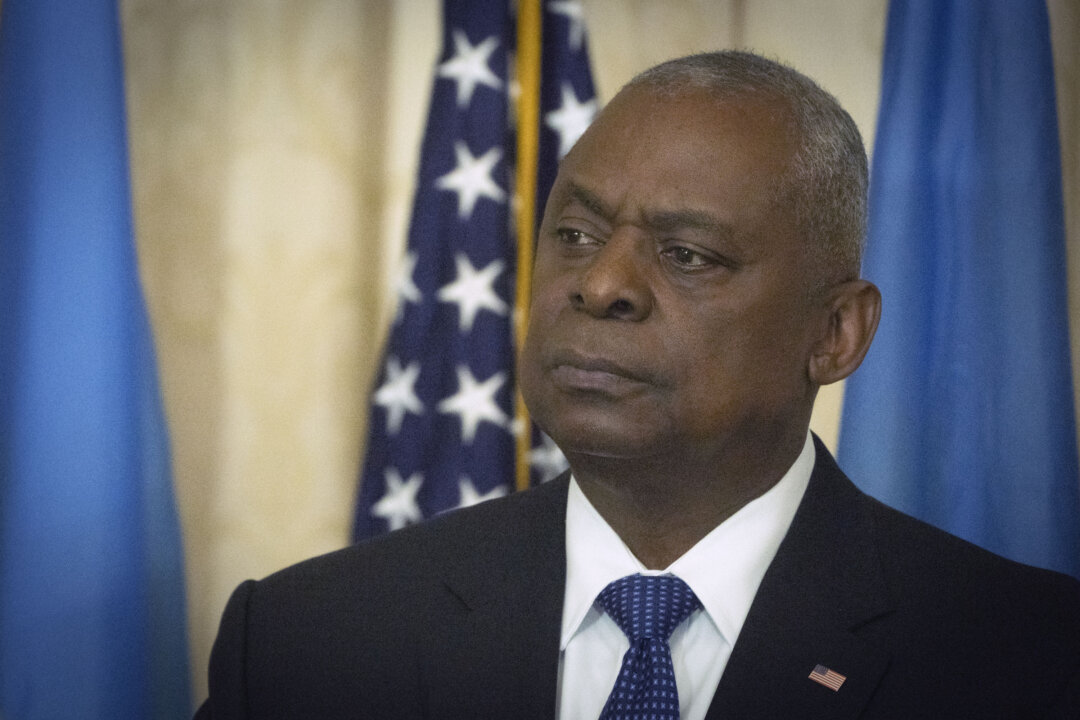U.S. Secretary of Defense Lloyd Austin said on Nov. 20 that his Chinese counterpart had not met with him during the Association of Southeast Asian Nations (ASEAN) gathering, calling it “a setback for the whole region.”
Austin said Chinese Defense Minister Dong Jun had chosen not to meet with the United States.
“It’s unfortunate,“ Austin said. ”It affects the region because the region really wants to see us, two significant players in the region, two significant powers, talk to each other, and that reassures the entire region.”
China has not commented on its decision not to meet with Austin.
ASEAN members the Philippines, Vietnam, Malaysia, Brunei, Indonesia, Thailand, Singapore, Burma (also known as Myanmar), Cambodia, and Laos held security talks that were also attended by outside countries—the United States, China, Japan, South Korea, India, and Australia.
Austin had met with Australian officials and Japan’s defense minister and said the three nations expressed serious concerns “about destabilizing actions in the East and South China seas,” including clashes between Chinese and Philippine vessels.
Last month, U.S. Secretary of State Antony Blinken expressed the same concerns in a meeting with ASEAN leaders and said the United States would support “freedom of navigation, freedom of overflight into the Indo–Pacific.”
The Chinese regime claims as its own territory nearly all of the South China Sea, including international waters and the coasts of several other nations, which runs counter to international law. The Philippines sought a legal remedy to the decades-long dispute, and in 2016, the Arbitral Tribunal in The Hague ruled that Beijing’s territorial claims to the sea were legally meritless.
The Chinese Communist Party (CCP) has stated that it does not recognize the ruling. Over the past year, it has increased its military presence in the South and East China seas, making unprecedented incursions into foreign territory and clashing with Philippine Coast Guard vessels. As such, security and stabilization of the Indo–Pacific has become a pressing topic for the region’s nations and neighbors.
Opening the talks, Laotian Defense Minister Chansamone Chanyalath said he hoped for productive meetings that would become a standard for continuing “ASEAN’s cooperation in defense, including how to handle, thwart, and manage security challenges in the present and in the future.”
ASEAN members are trying to negotiate a code of conduct for the seas with China by 2026; however, progress has been slow because the CCP has pushed back against members who want the agreement to be legally binding.
Austin met with his Philippine counterpart on Nov. 18, signing a new military cooperation agreement to increase intelligence sharing between the two nations and pave the way for Manila to receive more sophisticated U.S. weapons systems.
The Associated Press contributed to this report.

